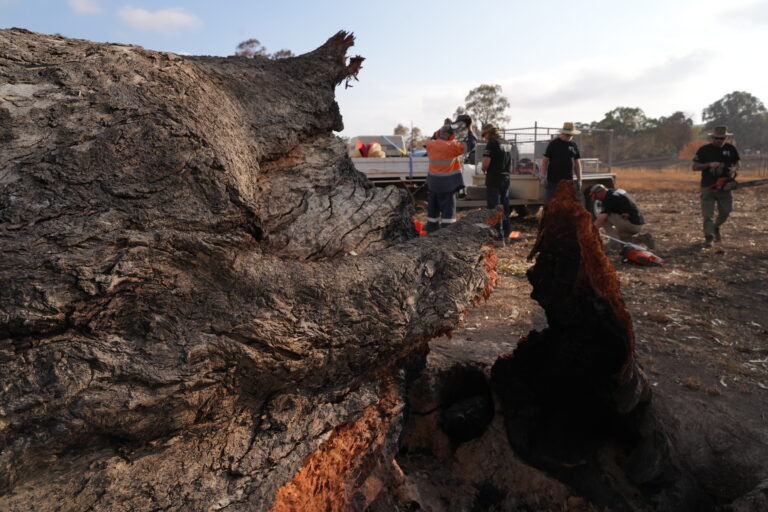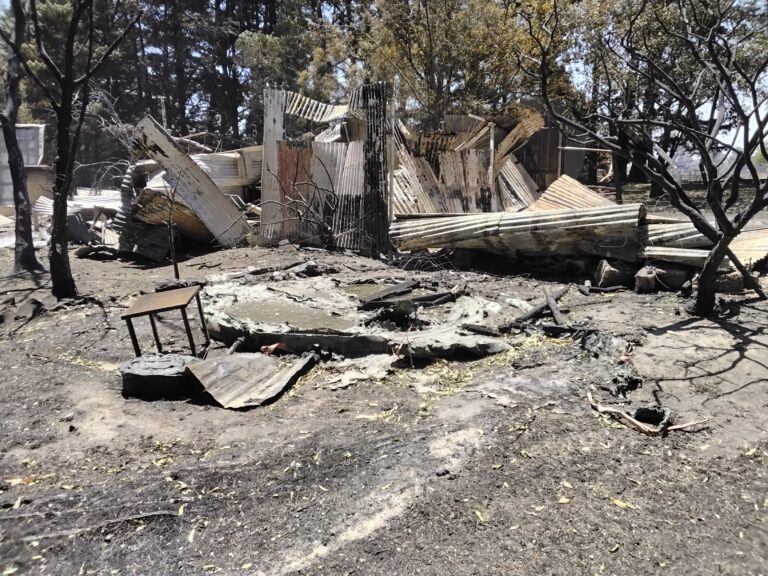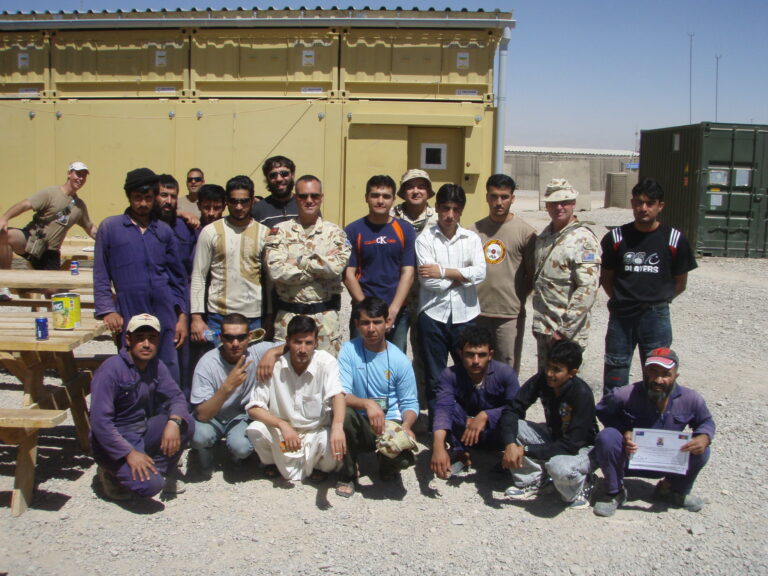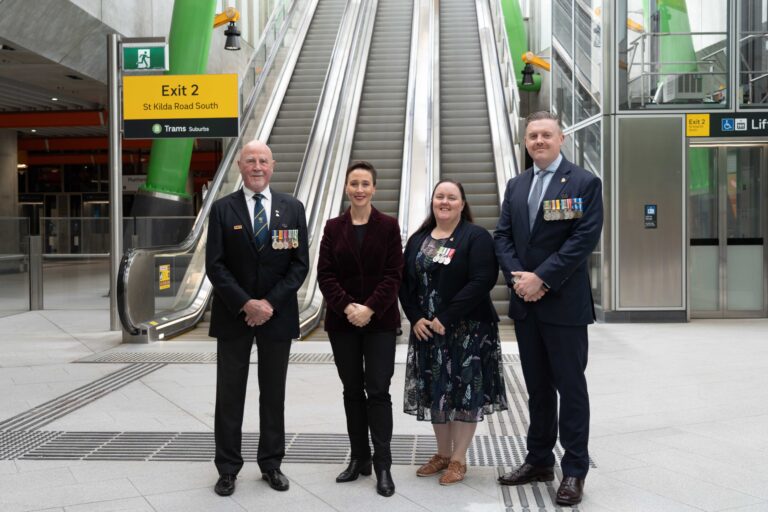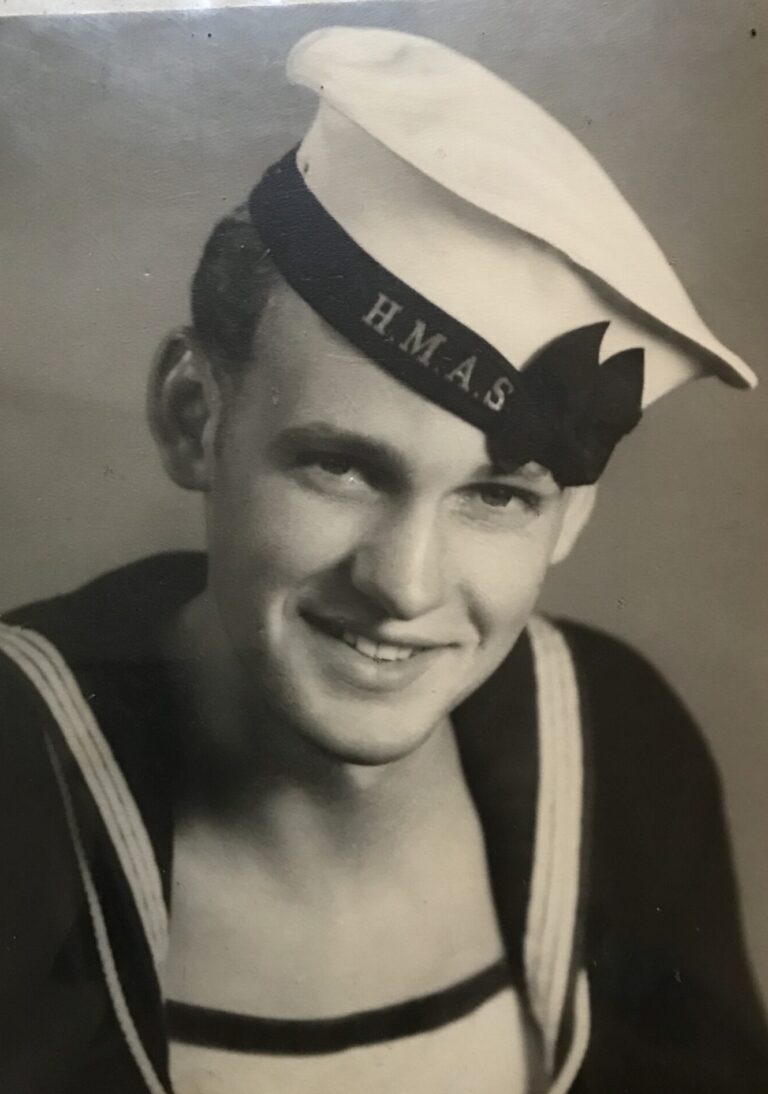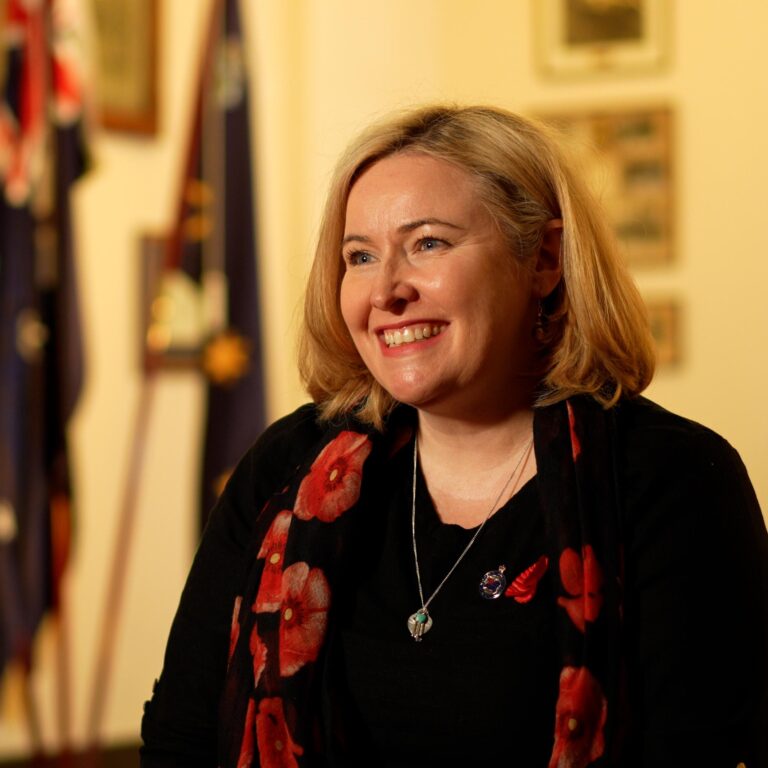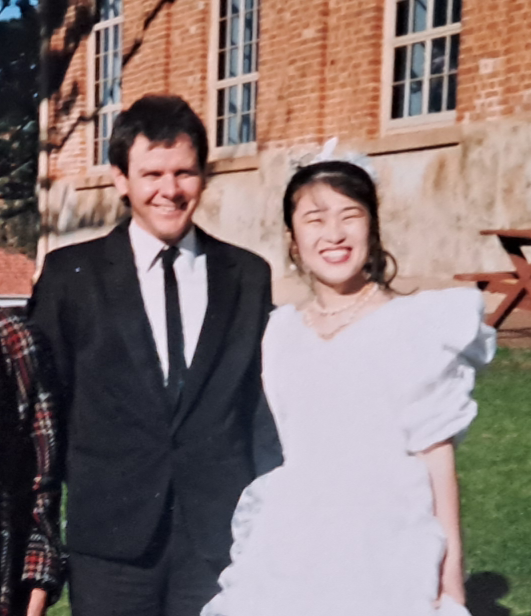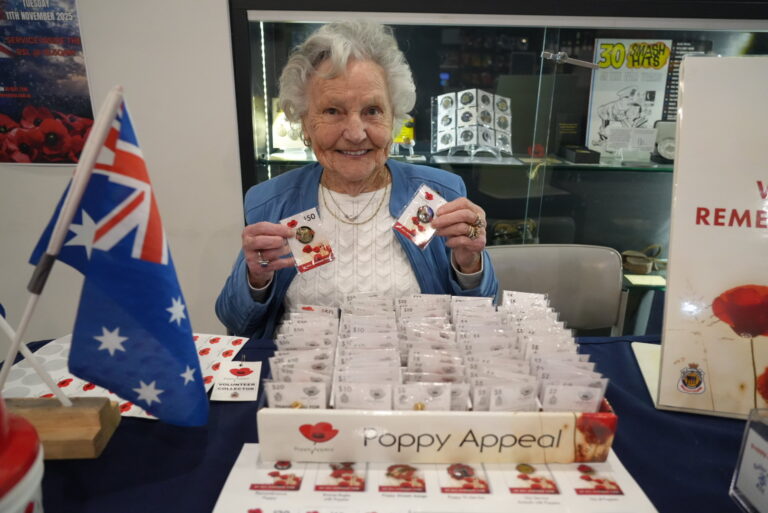HOW A CHANGED MAN HELPS TO CHANGE LIVES

Written by Aileen Phillips
18 April 2023
Photography: Sean Windsor
Very little was the same for James Farquharson when he returned home.
A seven-month deployment with the army in East Timor changed him in ways he didn’t expect.
“Basically, I didn’t realise I had difficulties and I didn’t recognise what exactly the difficulties were and how strong they were, how dramatically I’d been affected.”
James was deployed with the Australian Army as part of the United Nations Mission of Support in East Timor (UNMISET) in November 2002. He trained in Darwin for a few months before heading to East Timor. He left behind his wife and two small children, all whilst facing a precarious and perilous few months.
“I had to leave them behind for the year, so there were stresses related to that. We deployed a month after the first Bali bombing so tensions had risen. One of our tasks while we were there was guarding the Australian Embassy in Dili, as it was a high-risk target. You’re in a country that generally you know little about, it’s hot, wet, tropical and very hilly. Everybody knew who we were, you’re very clearly identified, and one of the constant problems was identifying who was the enemy or criminal element.”
Of course, not all peacekeeping missions are peaceful.
“A group had set up a roadblock and ambushed a number of vehicles. They’d killed two people and macheted another. So, the battalion ran an operation and had to go after them.”

“As we got further into the tour, the more and more tension and stress came up. The Battalion found arms and weapons caches and we arrested a militia officer coming back from West Timor, which resulted in 26 other arrests. So, there was a lot happening.”
His eventual homecoming presented a range of challenges, as he tried to readjust to a life that was once familiar and comfortable.
“You get used to living with a bunch of smelly, sweaty men in one room on deployment…” he says laughing. “We had a month’s leave, so that was good. I suppose you sort of run wild a bit. But then I had to get back into my civilian job and that is another shock. Being back in the civilian world is a shock. Some people just go and it’s not a problem, but I wasn’t one of those people. It was a difficult transition.”
Returning to his reservist duties with a new perspective also proved challenging.
“I got used to operating in the army in a particular way – in that full-time capacity – and then you go back to reserves and it’s vastly different.”
The emotions he couldn’t process plagued him and every aspect of his life became affected.
“I felt I wasn’t able to do my army job properly, and that’s what I was angry about. And guilt, in terms that I had, in some ways, indulged my wishes by going to do the overseas deployment to the detriment of my family.”
JAMES FARQUHARSON
Following several personal battles, he discharged from the reserves in 2005, gripped powerfully by the side effects of his deployment.
When his psychological difficulties became increasingly unmanageable, James was referred to Ward 13 at the Heidelberg Repatriation Hospital for an outpatient Post Traumatic Stress Disorder (PTSD) course in 2014.
Under immense pressure, James stopped working but with the help of the RSL, he was able to get the assistance he needed.

“The only reason I was able to get TPI [Totally and Permanently Incapacitated] status, a pension and Gold Card was through an Advocate at the RSL, people who deal with DVA (Department of Veterans’ Affairs), the paperwork and processes. I had a very good Advocate.”
James is so grateful because without that help, he says life would be much harder.
“I had initially applied without the help of the RSL, and my application had been rejected. Looking back, I can now see probably more clearly that I wasn’t myself during that time and things like filling out pages and pages of paperwork for the DVA and getting multiple reports from multiple doctors trying to prove my illness was to much – I would never have been able to get TPI without the RSLs help.”
A connection to Mornington RSL, began in 2010, has slowly but surely cemented his ties with the RSL and provided a path he’s found both rewarding and fulfilling. James served as Sub-Branch President for two years and subsequently became the Appeals Officer in 2022.
“At first, it started by volunteering as a collector when I could and sometimes I would go the RSL, and it just sort of developed from there. My friendship with Alan MacDonald, the Appeals Officer and Vice President, sort of drew me more into the RSL.”
“No longer having full-time work, I felt that I wanted to give back the assistance that I had been provided from the RSL. I wanted to make sure that I honoured that. I got more involved in the Appeals because I had the time and further motivation to do so.”
James and his team are now ready for his third ANZAC Appeal as Appeals Officer.
“Schools do a fantastic job in terms of collection – I just provide them with the badges and they get to it – and it’s great because it gets the kids involved too.”
Despite his struggles, James is one of the more devoted sellers. He continues to be amazed by the public’s engagement and friendliness.

“I find it actually physically exhausting because of my PTSD but it’s fascinating to be in that type of environment because of the people’s stories – they come up and tell you about why they’re buying a badge, their connection to service, stories of service, so many women who tell me stories about what their fathers did, memories of their dad’s service and the aftermath of that.”
He shares story after story of the generosity he has witnessed.
“There’s been a man who for a number of years comes to me with a bag of change, lumps it on the table and walks off, or people who see you at the start of a week buy a badge and then they see you again at the end of the week and give another donation.”
JAMES FARQUHARSON
The 55-year-old doesn’t deny he’s a popular guy at the selling table – but that’s credit he gives to his devoted companion, his service dog, Peggy.
“I’ve got to say that I definitely think I get more people because she’s there!”
Peggy moved in with James on a full-time basis two years ago. He describes her as ‘fantastic’ and says she’s brought so much positivity into his life.
“She’s always around and she’s helped me lose 10 kilograms just through constant walking. She’s trained to interrupt me when I get angry or stressed or have nightmares. She also gives that non-judgemental, unconditional love. She doesn’t care why I want to give her a pat, she’s just happy that I do. For me, it’s also meant that I’m less isolated. I can’t walk down the street without being asked about Peggy.”
At the end of the day, James doesn’t mind what motivates people to donate, just as long as they do. He wants everyone to know that every donation goes to a worthy cause because, as he says, the services provided by the RSL cannot be underestimated.
“It’s as vital for people to donate this year as it has been for any other ANZAC Appeal. The need for the RSL to provide the services to all the cohorts that it now has to care for is immense and we depend on this Appeal to be able to do that. All the money raised can only be spent on veterans’ welfare. You’re providing funds for the veteran community to be looked after, whether that’s financial assistance, whether its advocacy through the RSL, accommodation, aged care facilities, and for veterans’ families, all regardless of whether they are a member of the RSL, or whether they are current or ex-service.”


